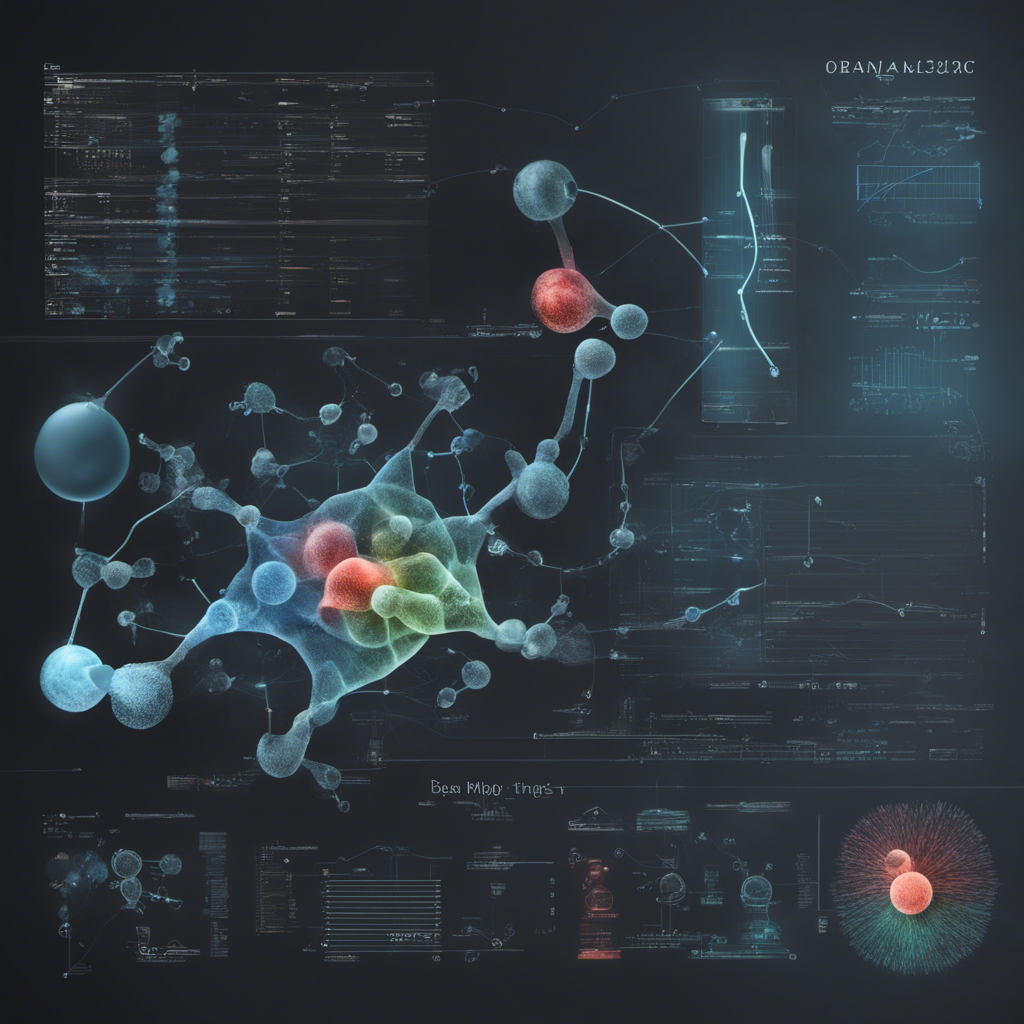
The Role of Big Data in Advancing Personalized Medicine
Personalized medicine, also known as precision medicine, is a groundbreaking approach that considers individual variability in genes, environment, and lifestyle to tailor medical decisions and treatments. In recent years, the integration of big data analytics has played a significant role in advancing personalized medicine, revolutionizing healthcare practices and outcomes. This blog post explores the pivotal role of big data in advancing personalized medicine, the challenges it addresses, and the potential future implications.
Understanding Personalized Medicine
Personalized medicine aims to provide targeted treatments based on an individual’s unique characteristics, such as genetic makeup, molecular profiles, and lifestyle factors. By leveraging precise data points, healthcare providers can deliver more effective interventions, reduce adverse effects, and improve patient outcomes.
Big Data Analytics in Healthcare
Big data analytics involves the collection, processing, and analysis of large volumes of structured and unstructured data to extract valuable insights and patterns. In healthcare, big data analytics has transformed how medical professionals diagnose diseases, predict treatment responses, and enhance patient care.
The Impact of Big Data on Personalized Medicine
1. Genomic Data Analysis
Genomic data plays a crucial role in personalized medicine, as it enables healthcare providers to identify genetic variations that influence disease susceptibility and treatment responses. Big data analytics can swiftly analyze vast genomic datasets to uncover disease-related mutations and develop targeted therapies.
2. Predictive Analytics
By integrating patient data, including electronic health records, imaging results, and lifestyle information, predictive analytics can anticipate disease progression, recommend personalized treatment plans, and forecast patient outcomes. Big data algorithms can process complex datasets to offer tailored medical interventions.
3. Drug Development
Big data analytics accelerates drug discovery and development processes by identifying potential drug targets, predicting drug responses based on genetic profiles, and optimizing clinical trials. Pharmaceutical companies leverage big data to create personalized medications that are more effective and have fewer side effects.
4. Population Health Management
In population health, big data analytics helps healthcare systems identify at-risk populations, track disease trends, and allocate resources efficiently. By analyzing demographic data and health records, public health officials can implement targeted interventions and preventive measures to improve community health outcomes.
Challenges and Ethical Considerations
While the integration of big data in personalized medicine offers numerous benefits, challenges such as data privacy, security, interoperability, and ethical considerations must be addressed. Safeguarding patient information, maintaining data accuracy, and ensuring equitable access to personalized healthcare are critical considerations in the era of big data analytics.
Future Implications and Opportunities
The continuous advancements in big data analytics, artificial intelligence, and machine learning present exciting opportunities for further enhancing personalized medicine. By leveraging real-time data streams, wearable devices, and telemedicine technologies, healthcare providers can deliver more proactive, individualized care to patients worldwide.
In conclusion, the integration of big data analytics in personalized medicine is reshaping the healthcare landscape, driving innovation, and improving patient outcomes. As we continue to embrace data-driven approaches in healthcare, the potential for personalized medicine to transform the future of medicine is immense.
References:
- Topol, Eric J. “High-performance medicine: the convergence of human and artificial intelligence.” Nature Medicine, vol. 25, no. 1, 2019, pp. 44-56.
- Mittelstadt, Brent, and Floridi, Luciano. “The Ethics of Big Data: Current and Foreseeable Issues in Biomedical Contexts.” Science and Engineering Ethics, vol. 23, no. 2, 2017, pp. 303-341.
By leveraging big data analytics in personalized medicine, we are ushering in a new era of healthcare that prioritizes individuality, precision, and improved patient outcomes.


